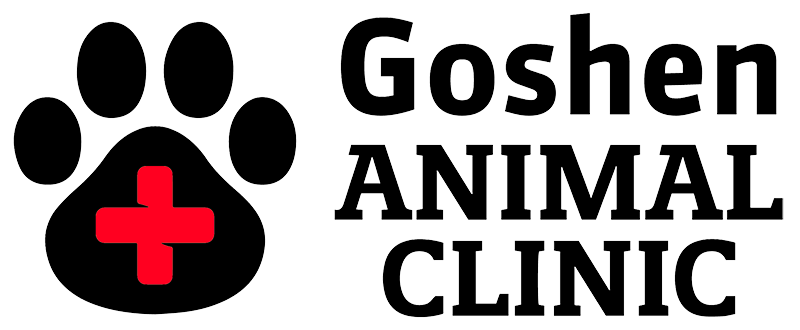

About Goshen Animal Clinic
At Goshen Animal Clinic, we are dedicated to providing the highest quality veterinary care to our patients with a commitment to continuing education, adoption of the latest technological advancements, and most importantly, administering exceptional and compassionate care to all pets entrusted to us. We are your one-stop shop for all pet care needs, including experienced veterinary care, professional pet grooming, overnight boarding, and daycare services. We have proudly served the Prospect area community since 1977.
Complete Veterinary Care in Prospect, KY
Goshen Animal Clinic proudly offers comprehensive veterinary services to address your pet’s specific veterinary needs.
Meet Our Veterinarians & Staff
At Goshen Animal Clinic, our veterinary team is dedicated to ensuring our clients feel like they are part of a family while receiving high-quality medical treatment for their pets. With a passion for animal well-being, our experienced veterinarians bring a wealth of knowledge and expertise to ensure the health and happiness of your pets. Supported by a compassionate and skilled staff, we create a warm and welcoming environment for pets and their owners.
Thank You For Your Kind Words
We appreciate you trusting our team to handle your furry family member’s medical care, and we would be delighted to hear about your experience at our veterinary hospital.
